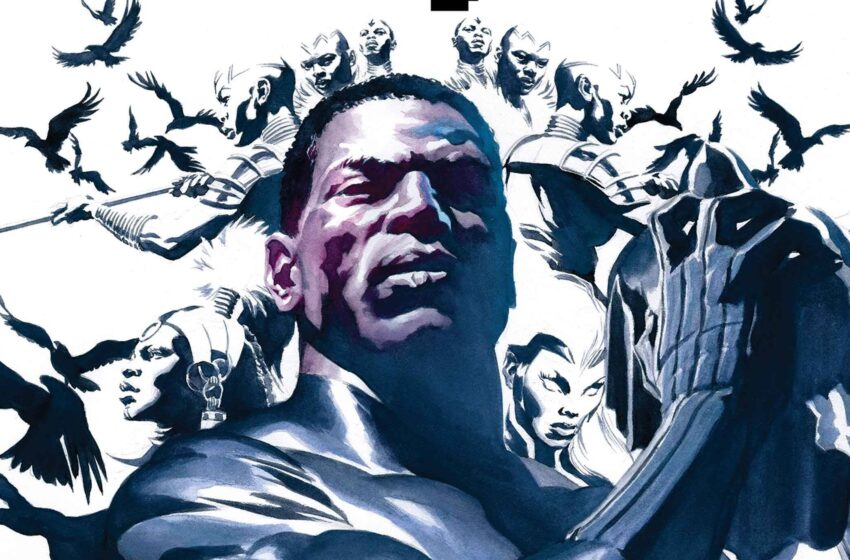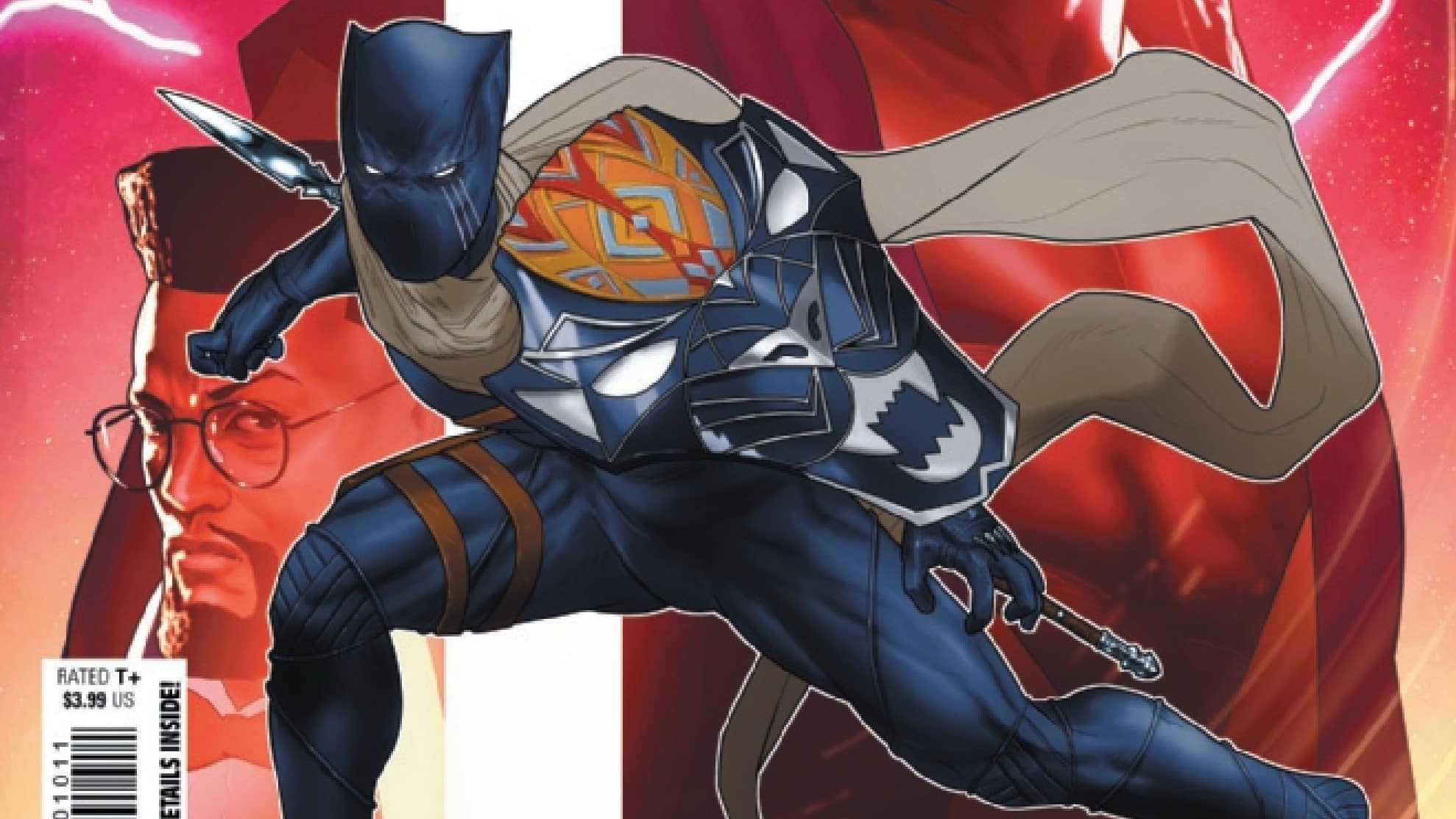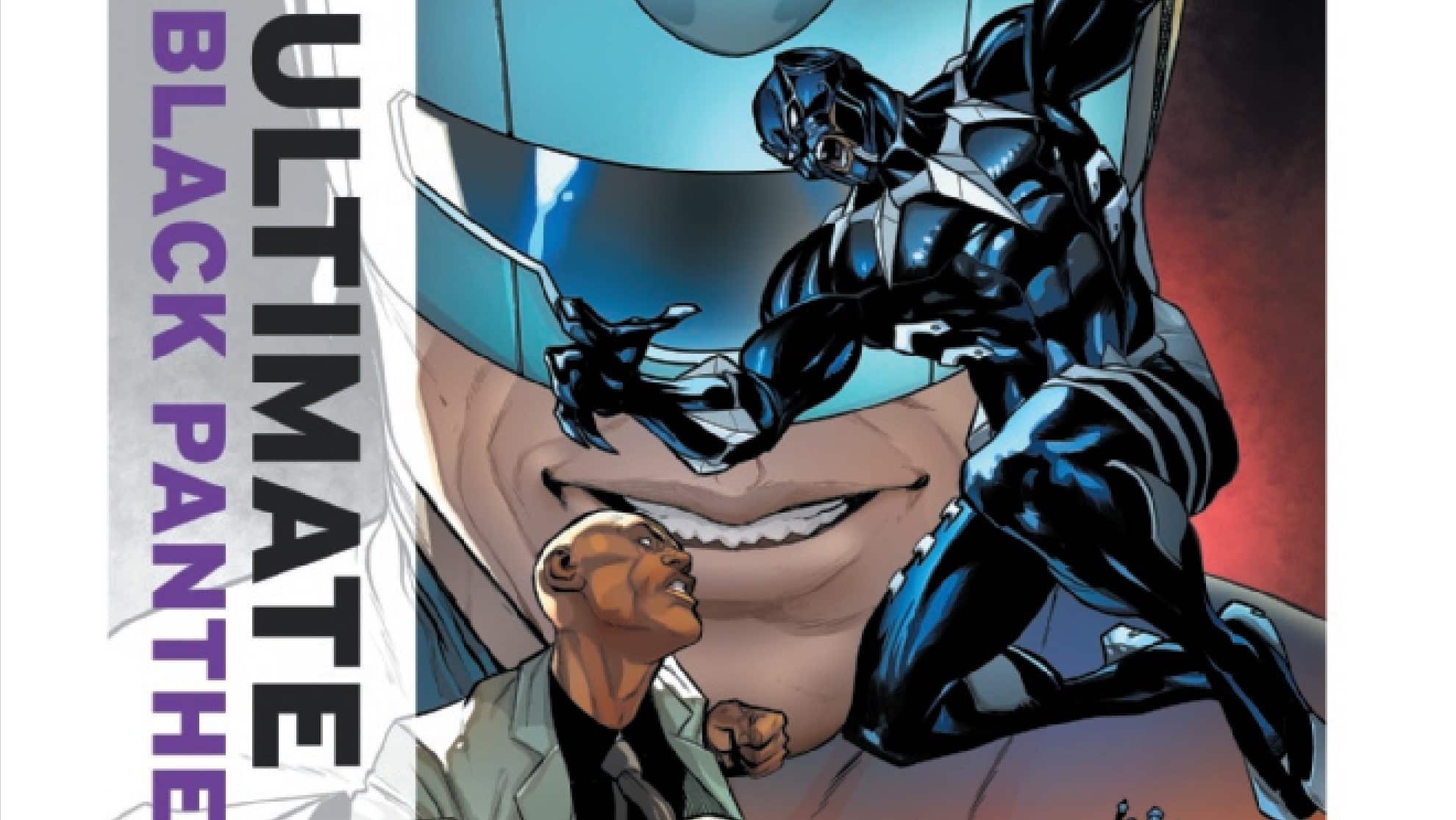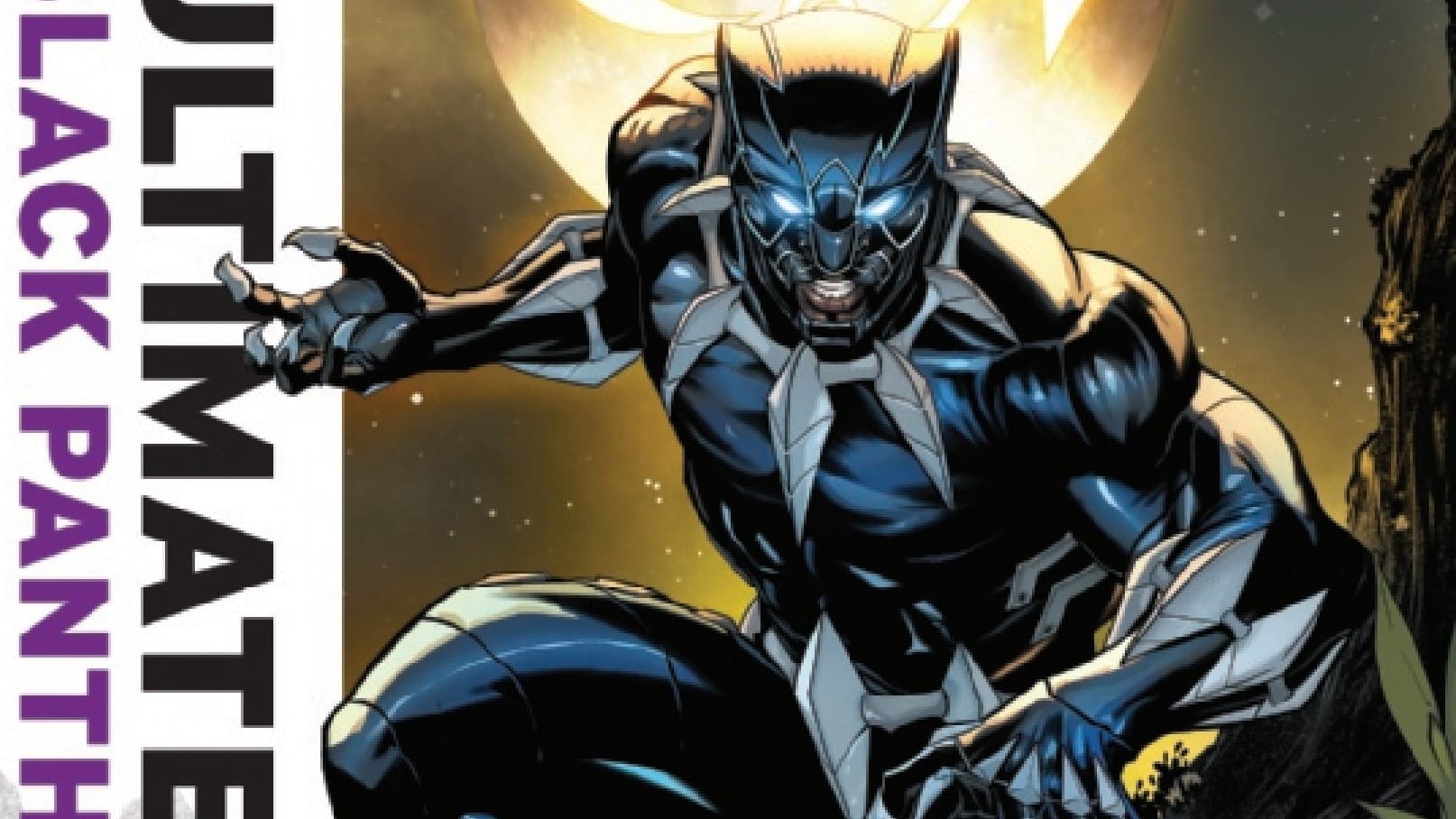T’Challa, Omolola, and Shuri all take part in dealing with Wakanda’s sleeper program being compromised. Difficult conversations, well-deserved ire, and some murder investigation all feature in Black Panther #2 written by John Ridley, art by Juann Cabal, colors by Federico Blee, and letters/design by Joe Sabino.
Love and trust are verbs: tangible and inseparable actions.
I did not love the last issue, which puts me in the minority. I’m fine with that – others loving what I don’t like doesn’t make my dislike invalid. And because I did not like – did not love that issue, I did not trust there was a possibility of improvement for this issue. I went into this next act with a (un)healthy amount of cynicism.
I’m also happy to have my cynicism proven wrong.
Previously, (read up on it here) we learned T’Challa has spies over the world, acting unilaterally in Wakanda’s (T’Challa’s?) best interest. Why is this a problem in a world with Squadron Supreme and X-Force and a unilateral paramilitary force *T’challa leads* that includes a billionaire and a blond demigod? Because comics! (Also, because T’Challa acted outside the parameters of the democracy he helped establish. But mostly because comics). As one of the spies was killed, a spy who was a trusted friend to T’Challa, the program is now on ice.
We open Black Panther #2 seeing T’Challa relay the news of disbandment to his team, who respond in a menagerie of ways: anger, happiness, sadness, resoluteness. T’Challa thinks of himself as Wakanda – that he and the nation are inseparable. But he quickly learns that his “subjects” long ago separated King from Kingdom.
The people love Wakanda, but that love is not necessarily lavished on T’Challa, as his spy turned partner Omolola notes: “As our leader, you have my respect, but my loyalty is to Wakanda. It is always to Wakanda.” I appreciate characters showing passion to a monarch in a range of ways. This is good framing for a book about a young democracy and good writing that shows our hero is not above reproach.
Ridley’s Black Panther, even a mere two issues in, is effective and fun in ways Coates’ never reached. It is a very, VERY good comic, both in tone and composition. The quips are quick-witted and the scenes give information efficiently and effectively. Yet in the first issue, T’Challa the character – the man – felt regressive: his arrogance and impetuousness annoyed me (though again I concede these same traits might be more of what the people want, and who am I to stand in front of the people?)
That arrogance and impetuousness, however, are noticeably toned down in Black Panther #2. His voice still lacks empathy and caution, and over-indexes on self-righteousness. But there is more heart here. There is a semblance of humility that is a welcome addition to his emotional repertoire.
I still want to like T’Challa. I want to love him and trust him. I’m glad John Ridley is making it easier for me to do so.
I’m also glad he’s kept Shuri’s mystical powers intact. Her intelligence (reconstructing a murder scheme) wit (referring to her brother as “driver”) and care are evident. She feels fully formed, and I am forever thankful that she’s there.
That’s more than we can say about Omolola, the partner of T’Challa’s departed comrade and now his erstwhile sidekick-cum-moral compass. Her presence solely highlights T’Challa’s shortcomings; her wants and needs are limited to revenge. I’m hoping we’ll see her personality more soon, but right now she’s just too two-dimensional.
I’ve been spoiled by Yu and Larraz on X-Men and Jimenez on Batman: my bar for artistic greatness is high. And while the art here doesn’t reach those (stratospheric) highs, it is objectively very good. Faces show emotion and cultural nuances (cheekbones and foreheads). The fight scene between the Wakandans and their predators is amazing. It’s liberating to see a fuller figured woman portrayed as a fighter; the action is clean, crisp, and easy to follow. It’s great. It’s the difference between a painting that’s photorealistic and, say, Picasso: one is clearly good work (as is the work here), but the other pulls at your brain more.
I like having my brain pulled.
We’ll see Storm next month, and depending on how they (T’Challa and Ridley) treat her, I’ll see if love can replace like and this book can win my trust. There is a lot of good here, both in actuality and in potential, and I hope it plays out in ways fun, fanciful, and substantive.
A proud New Orleanian living in the District of Columbia, Jude Jones is a professional thinker, amateur photographer, burgeoning runner and lover of Black culture, love and life. Magneto and Cyclops (and Killmonger) were right.
Find more of Jude’s writing here.






